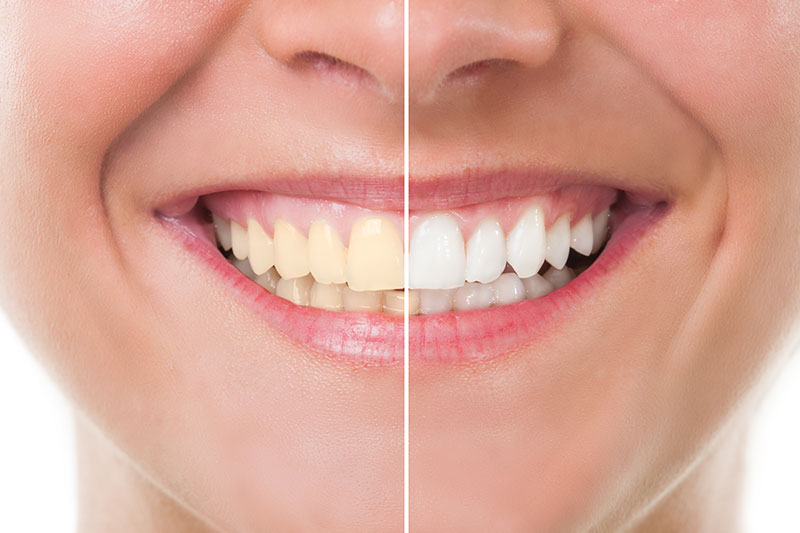The most common type of sleep disordered breathing is obstructive sleep apnea. When you sleep, your body (and especially your muscles) release their tension and relax. But sometimes the muscles that support the back of your throat relax more than they should. When this happens, it causes your airway to narrow enough that you can’t draw in sufficient air. In some cases of obstructive sleep apnea, your tongue also drops back into your airway, further blocking your airflow and suffocating you.
When you aren’t getting enough air, your brain recognizes the problem immediately and signals the emergency. You may start to strain to breathe, gasp or choke. Because you are not breathing properly, your blood oxygen level gets lower which signals to your brain that something is wrong. Finally, the emergency rouses you enough that you partially wake up and take a big breath.
This problem repeats throughout the night. In fact, it can happen dozens of times per hour, and each incidence of choking is followed by your body waking up. You likely will not remember waking up multiple times throughout the night, but you will feel the effects in your body the next day. If left untreated, this condition can have serious consequences on your physical health and emotional wellbeing.

$249 Smile Saver Dental Plan ($534 Value)
Our low-cost in-house dental plan can cover you for a small annual fee of $249.00. You’ll receive 2 regular cleanings, exams, fluoride treatments & all necessary X-rays.
Schedule an Appointment
$50 Off Teeth Whitening
Offer valid if you call before 9/30/2023
Schedule an Appointment